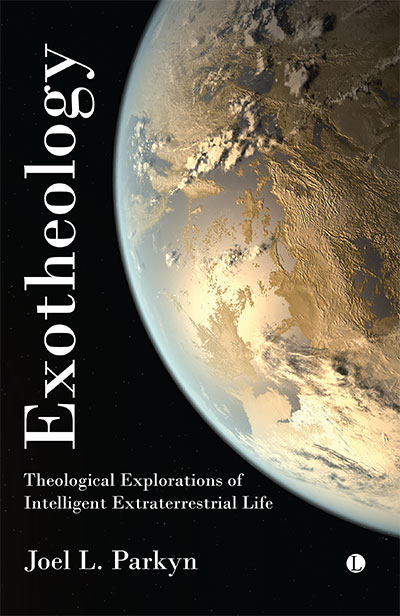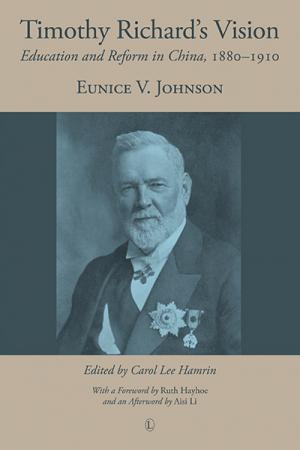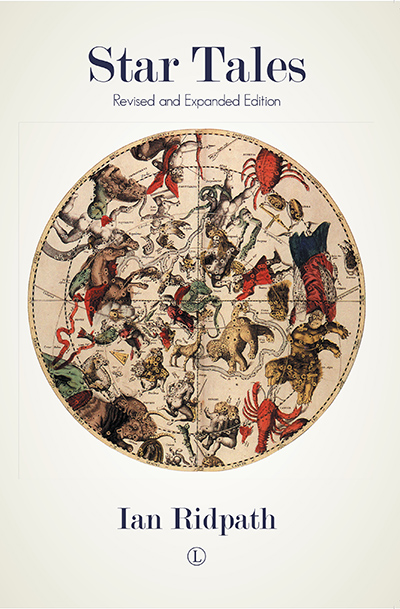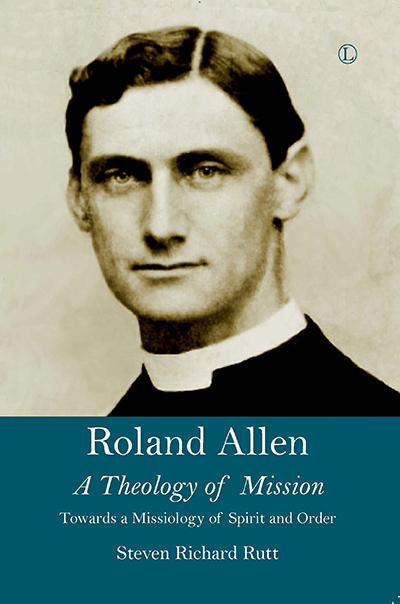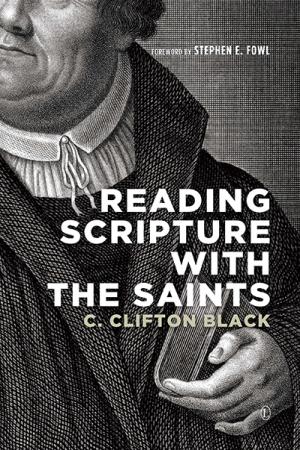Description
Since antiquity, theology has frequently gone hand in hand with the study of the heavens. Speculation regarding the plurality of worlds, and the possibility of intelligent life beyond Earth, has posed questions for, and been stimulated by, Christian theology. Advancements in astronomy and astrophysics now reveal a vast universe containing trillions of galaxies. Each new exoplanet discovered brings with it a new context in which to consider the place of humanity, and the role of divinity in relation to creatures. In particular, the Christian doctrines of the incarnation and redemption must be understood afresh in light of the likelihood of extraterrestrial life.
In Exotheology, Joel L. Parkyn examines the twin historic developments in scientific and theological thought on extraterrestrials from antiquity to the twenty-first century. In doing so he demonstrates a consistent pattern of theological formulations that allow for a distinct relation between Christianity and extraterrestrial life, but this has so far been without sufficient resolution. Applying concepts from anthropology, psychology and sociology to putative extraterrestrials, he explores in new depth the implications of contact, and argues for a ‘divine pedagogy’ of potential modalities of supernatural presence and action with extraterrestrial intelligences.
About the Author
Joel L. Parkyn is an Adjunct Professor of Theology at Holy Apostles College and Seminary, Connecticut.
Contents
List of Illustrations
Acknowledgements
Introduction
Chapter 1. A Roman Catholic and Thomistic Approach
Section A: A Thomistic Exotheology
Chapter 2. Cosmology, Astrobiology, and Modern Astronomical Technologies
Section A: The New Cosmology
Section B: Science and Extraterrestrial Intelligence
Section C: Ancient and Early Medieval Philosophy on the Plurality of Worlds
Chapter 3. Historical Literature on the Theology of Extraterrestrial Life
Section A: History of Theological Developments on Extraterrestrial Life: Antiquity to Nineteenth Century
Section B: The Plurality of Worlds and Christian Theological Formulations
Section C Theological Thought on Extraterrestrials in the Twentieth and Twenty-First Centuries
Chapter 4. Extraterrestrial ‘Anthropology,’ Xenobiology, Morphology, and Theological Systems
Section A: Extraterrestrial Exoanthropology
Section B: Extraterrestrial Religious and Theological Systems: Exotheology
Chapter 5. Exotheology and Traditional Christological Formulations
Section A: Review of the Four Major Historical Positions
Section B: The Varied Hypothesis
Section C: Christology and Intelligent Extraterrestrials
Section D: The Divine Pedagogy
Conclusion
Appendix A: Historical Cosmology and Theological Timeline
Bibliography
Index
Endorsements and Reviews
Drawing on wide historical, scientific, and theological research, Dr. Parkyn advances the field of astrotheology significantly. His thesis that God would relate to extraterrestrial civilizations in a range of different ways, not necessarily through, or even on the pattern of, the life and death of Jesus, will come as a provocation to some and a relief to others. Compulsory reading for all those venturing into this new field. Christopher Southgate, University of Exeter
Parkyn makes a valuable contribution to the scholarship on a topic usually seen as sensational, while in itself fascinating. His choice of the ‘varied view’ for bringing salvation to extraterrestrials is well positioned within the historical debate over solutions. Readers will find the timeline given at the end of the book presents a welcome blend of cosmology and theology to guide their own conclusions. Christopher Corbally, SJ, Vatican Observatory
